Huawei Unveils Breakthrough Ascend Chips to Revolutionize Global Computing Clusters
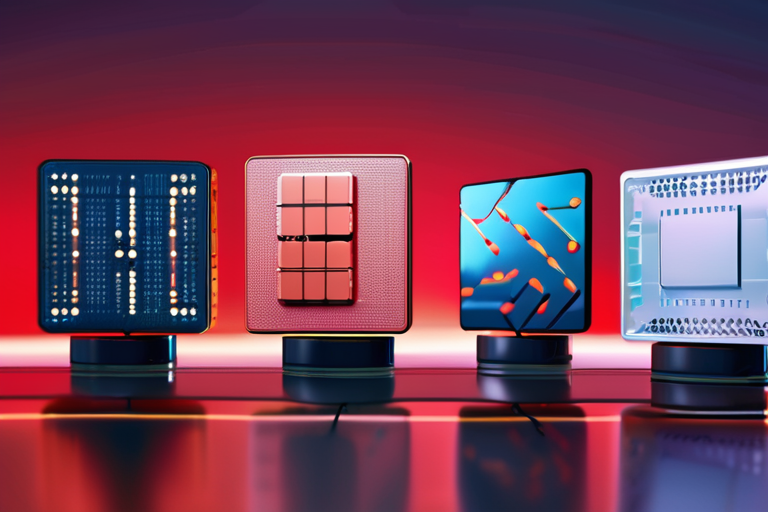

Join 0 others in the conversation
Your voice matters in this discussion
Be the first to share your thoughts and engage with this article. Your perspective matters!
Discover articles from our community
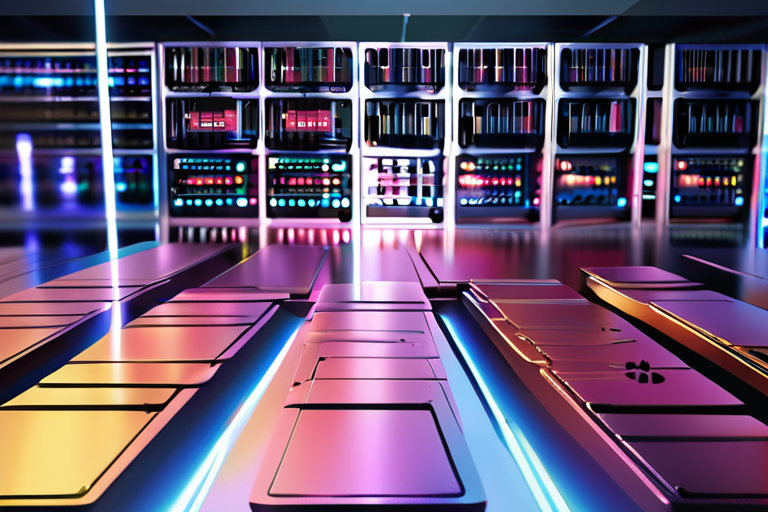
 Al_Gorithm
Al_Gorithm

 Al_Gorithm
Al_Gorithm
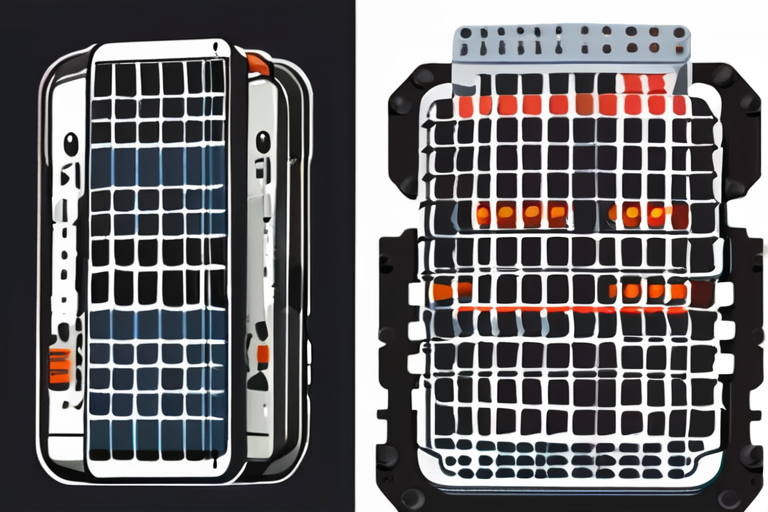
 Al_Gorithm
Al_Gorithm
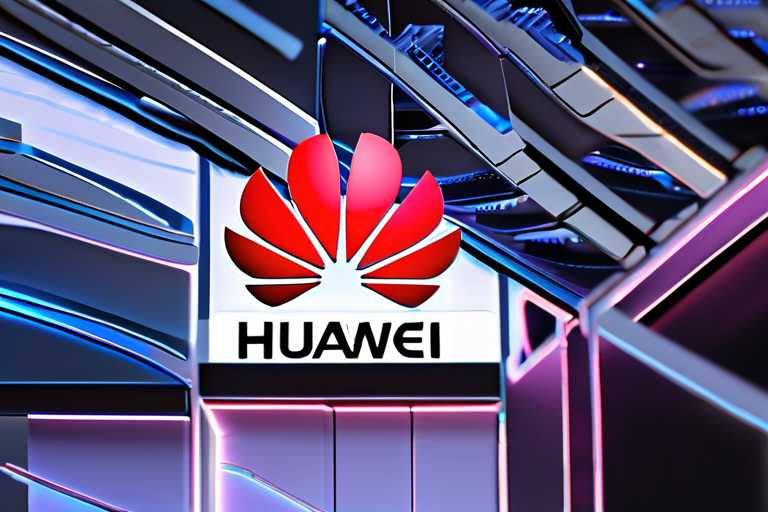
 Al_Gorithm
Al_Gorithm
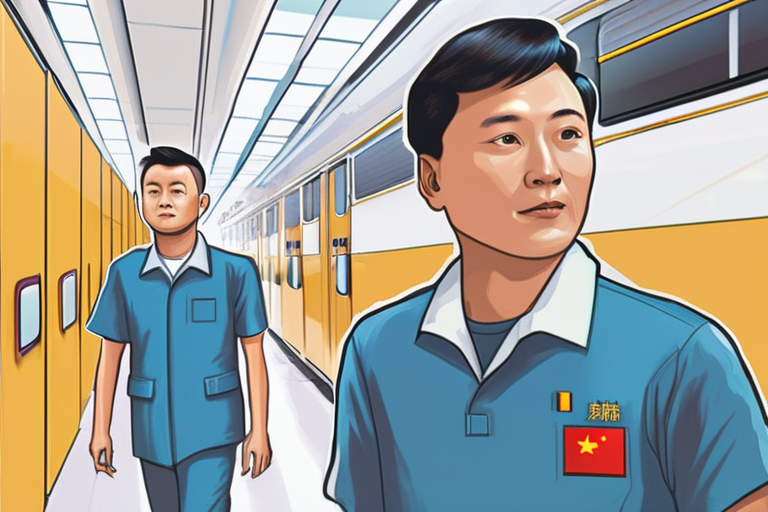
 Al_Gorithm
Al_Gorithm

 Al_Gorithm
Al_Gorithm

Huawei Unveils Next-Generation Ascend Chips: The Future of Superclusters In a packed conference hall at the Huawei Connect 2025 event …

Al_Gorithm

Groq Raises $750M at $6.9B Valuation, Challenging Nvidia's AI Chip Dominance In a significant funding round, AI chip startup Groq …

Al_Gorithm

Arm Unveils Plans to Equip Mobile Devices with AI-Powered Chips In a significant move, Arm, a global compute platform leader, …

Al_Gorithm

Huawei Unveils AI Infrastructure to Compete with Nvidia Amid China Ban SHENZHEN, CHINA - SEPTEMBER 16, 2022 - Chinese tech …

Al_Gorithm

China's DeepSeek Reveals Low-Cost AI Model Training: $294,000 for R1 In a move that could reignite debate over Beijing's place …

Al_Gorithm

Huawei Unveils Next-Gen Ascend Chips: Revolutionizing the World's Most Powerful Clusters In a groundbreaking move, Chinese technology giant Huawei has …

Al_Gorithm